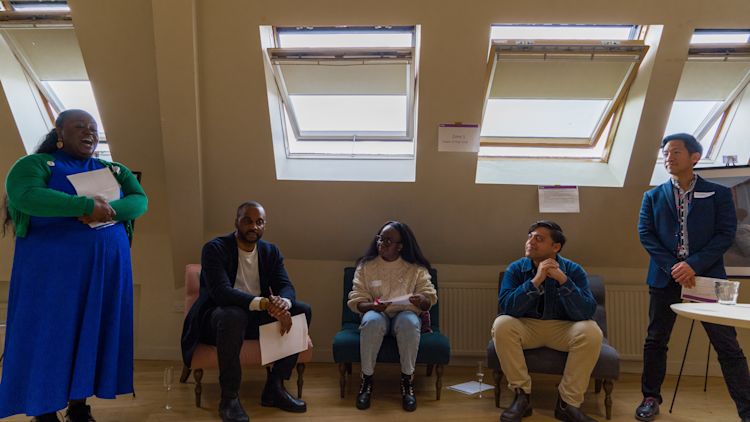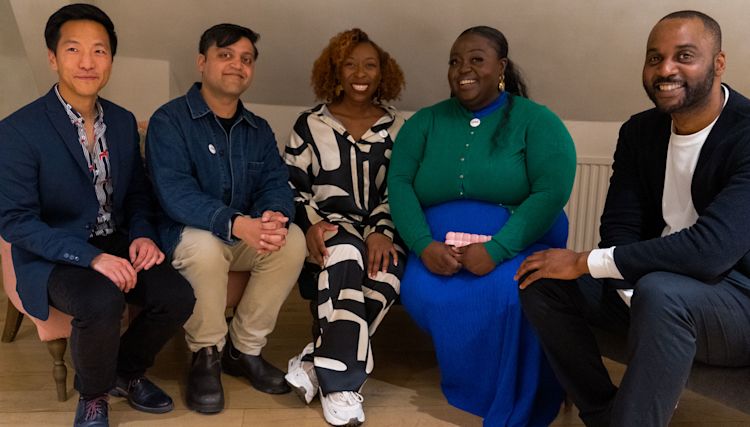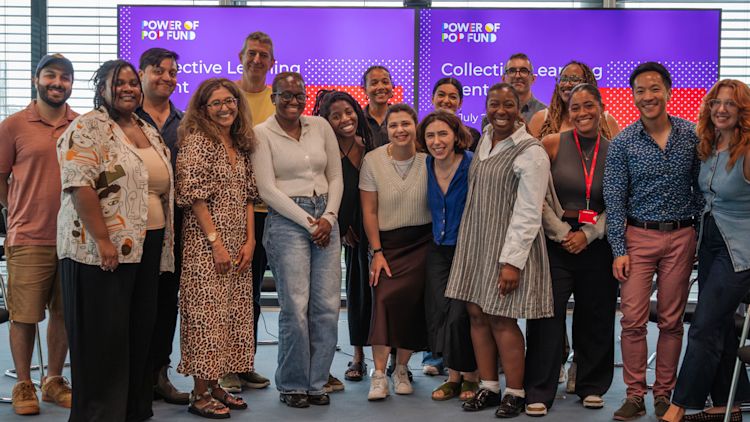By Lauren Kinnaird
Levelling the Field is a Scottish Government and Comic Relief funded programme aiming to support women and girls to reach their full potential in Malawi, Rwanda and Zambia. Each project being funded uses sport for change to empower women and girls and this blog summarises the learnings from the Levelling the Field 1.0 programme.
We know that there are a number of risks that sport for change programming can surface, and those planning and delivering programmes must mitigate against these. Some examples are:
The sport field can, unfortunately, be a place for perpetuating unequal gender relations and abuse of women and girls, which all project staff must be aware of. For example, passion and emotions that sports create can expose players to verbal and physical abuse.
Power relations that can develop between coaches and players can have negative and positive effects. For example, the fear of losing favour with coaches can leave players vulnerable to abuse/exploitation.
The organisations funded by Comic Relief through Levelling the Field 1.0 identified a number of learnings, outlined below. These act as recommendations for other organisations delivering similar work and can help to mitigate risk around safeguarding, discrimination, unconscious bias, engagement and retention and communication with participants:
Sport and activity delivery
The sports that are used must be common and acceptable in the community (although they can also be used to challenge stereotypes). The important thing is for the sport adopted to facilitate empowering sessions for girls and supporting boys.
All sports programmes should be aware of gender roles that women and girls play within their homes and be considerate of the long distances they may have to walk back home when scheduling sessions.
Working with small groups and staggering training can improve levels of participation and participants’ knowledge retention.
Working with supportive others
Partnerships are an effective way of meeting the various needs of women and girls, when one organisation can’t meet all of their needs. Funded partners on Levelling the Field 1.0 created partnerships with a range of agencies such as banks, micro-finance institutions, training providers and schools to extend the range of services available to women and girls.
Partnering with the police and community leaders can enhance outcomes for vulnerable women and girls in some contexts.
The supportive boy is an important element for success. Projects should therefore be targeted to help boys understand stigma and stereotypes against girls.
Communication
The use of social media platforms like Facebook and WhatsApp to reach out to excluded young women was not found to be effective for all funded partners, as this group has little access to smart phones that support these apps.
Innovative adaptation to the external environment is critical for outcomes staying on track e.g. finding ways of staying in touch with project beneficiaries remotely when you can’t meet in person.
Learning
To enable programmes to adapt to emerging lessons, budget flexibility is key.
Attention needs to be given to communication budget lines to facilitate sharing of lessons with external stakeholders.
It is important to consider literacy levels of participants in the design of learning tools.
Ensure that monitoring tools do not need too much time to complete, as this can take away time from the sporting/learning activity.


